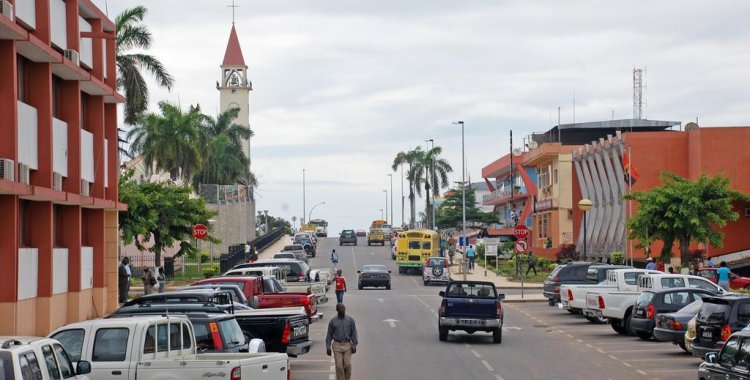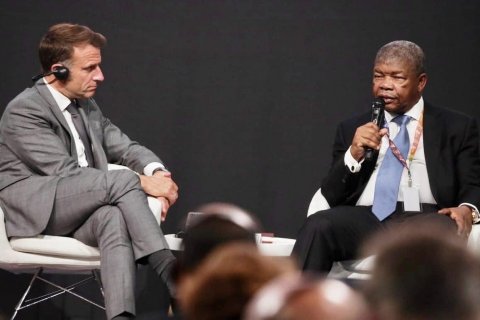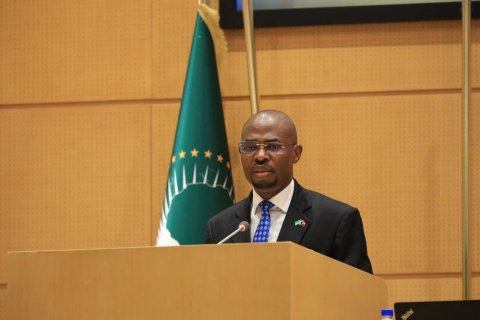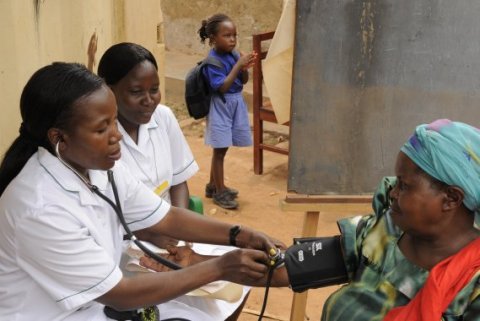In a letter to the governor of Cabinda province, signed by 42 people, the demonstrators state that the situation they intend to protest "has lasted for 45 years", without the government fulfilling its guarantees and promises of intervention so far.
Unemployment, deep poverty, deaths due to hunger, constraints or impediments to freedom of expression, citizenship, unfair trials and convictions, and other fundamental rights are on the list of problems on which they want to protest.
The promoters of the demonstration stress in the document that they will also demand dialogue "for the pacification of the territory of Cabinda".
In a statement to the Lusa agency, the lawyer and human rights activist of Cabinda Arão Tempo said that he will participate in the demonstration because he considers the complaints fair, stressing that for 45 years "the people of Cabinda are adrift".
Arão Tempo stressed that there are people dying of hunger in Cabinda, there is repression and sanitary structures are lacking.
Naturals from the oil province of Cabinda, located in the north of the country, through the Liberation Front of the Enclave of Cabinda (FLEC), claim the independence of that territory, claiming that it was a Portuguese protectorate, as established in the Treaty of Simulambuco, signed in 1885, and not part of the Angolan territory.







